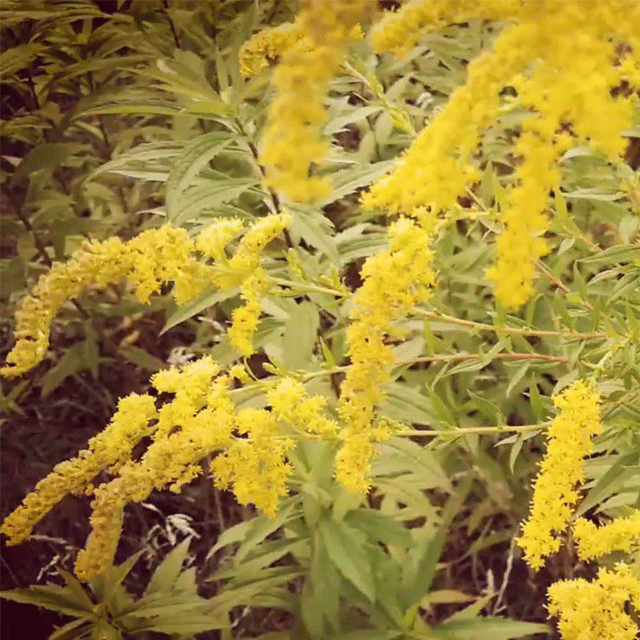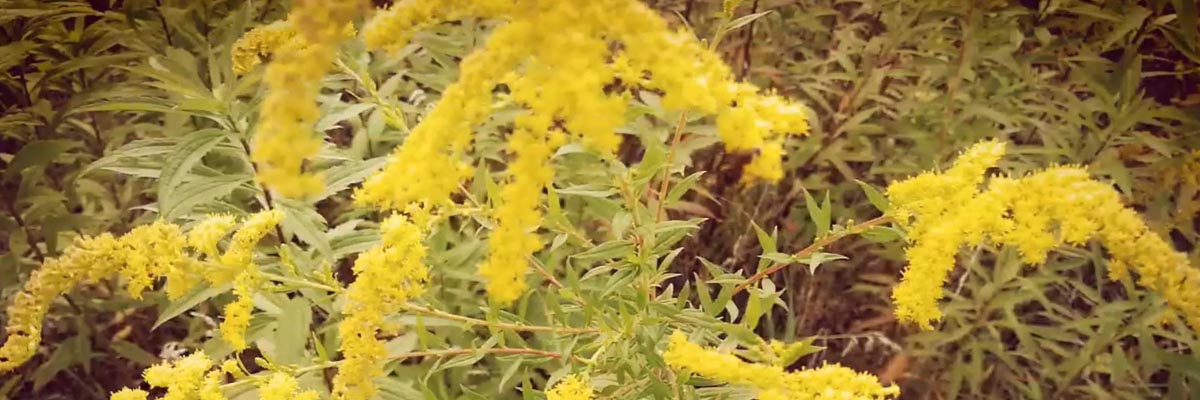But it is not the
end of the frivolous way we are informed and
thereby manipulated.
New paragraph (updated 25.02.2022)
https://www.nytimes.com/2022/02/25/opinion/putin-war-russia-military.html
The New York Times on 25.02.2022 begins with the
title: Why Is Putin at War Again? Because He
Keeps Winning. It is the end of the
frivolous manner of manipulation.
Then you
see a picture with soldiers. You see the most of
them from behind some from beside. (It's a
placeholder photo...surely from stockfootage...)
Below you have a glimpse of a text. With more or
less the same content like the title:
There is no world leader today with a better
track record when it comes to using military
power than President Vladimir V. Putin of
Russia.
This is a perfect working
and functioning propaganda strategy.
Which
shows us clearly: There is no interest at all to
find a peacefull agreement.
It is a matter
of stirring up the people.
And no one has
the shame to hide this manipulation anymore.
For reasons of space, I will spare myself the
upload of this screenshot. Everyone knows how
big newspapers work online.
First they want
to grab your email address...and so on. It's
this way of dealing with everything. First it's
about doing business...with everything.
We have to continue with the idea of changing.
We should continue in this project here, to
explore the question of the unfolding and
realisation of the small, private Garden of
Eden, the little spot of peace, happiness and
security, the refuge in the country....
Is this question not more topical than ever
today, 26.02.2022. We are at war - not only in
Ukraine.
Reflections on the concept of the Noble Savage
Back to 2021: The world has become small and unpleasant. Migration wherever you look and you always think, where I want to go, it will be different. Better. That´s how you want to escape the world. To find the other place.
Listen to Dr. Manuel Clemens on Adorno:
We say we are sitting on the ruins of previous civilisations. But it is more. Our transferences are based on wrong principles. But art and science are always the innovations in a culture, both disciplines are about the otherness. Culture itself is only interested in its preservations. It is about repetition, about ensuring its instability. The survival of a culture is guaranteed by the power of repetition. Repetition is, so to speak, the ritualisied form of begetting liabilities.
In science and art, however, it is exactly the opposite. Here, it is about a permanent unfolding and development of the justification of authority and individual authorship.
Besides the authoroty of cultures and their liabilities, there is therefore also an authority of individuals. Artist: do not let yourself be celebrated as creators of culture, the real heroes of culture are policemen, bakers and rubbish workers. And it is the small impositions of life that have an effect here in the small community. The world relationship to which we align ourselves is not our difference, our ethnicities or our attitudes, no, it is the common problems that unite us here.
The future is oriented towards the common solution of the common problems.
exit to mapping the project only here
This is the idea of a New Village. This is the idea of a Social Sculpture. But art and science are no longer free. So what remains is everyday life.
...and then I met another friend.
scroll further down for some more paragraphs



